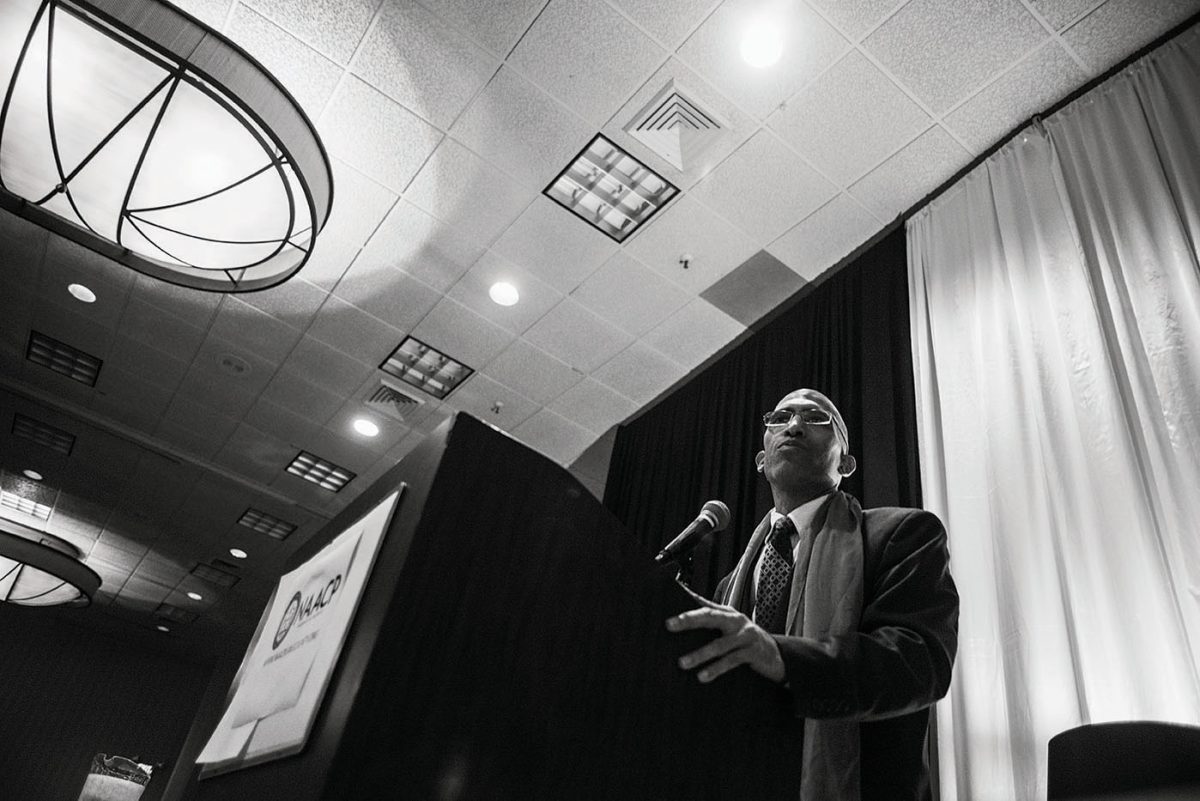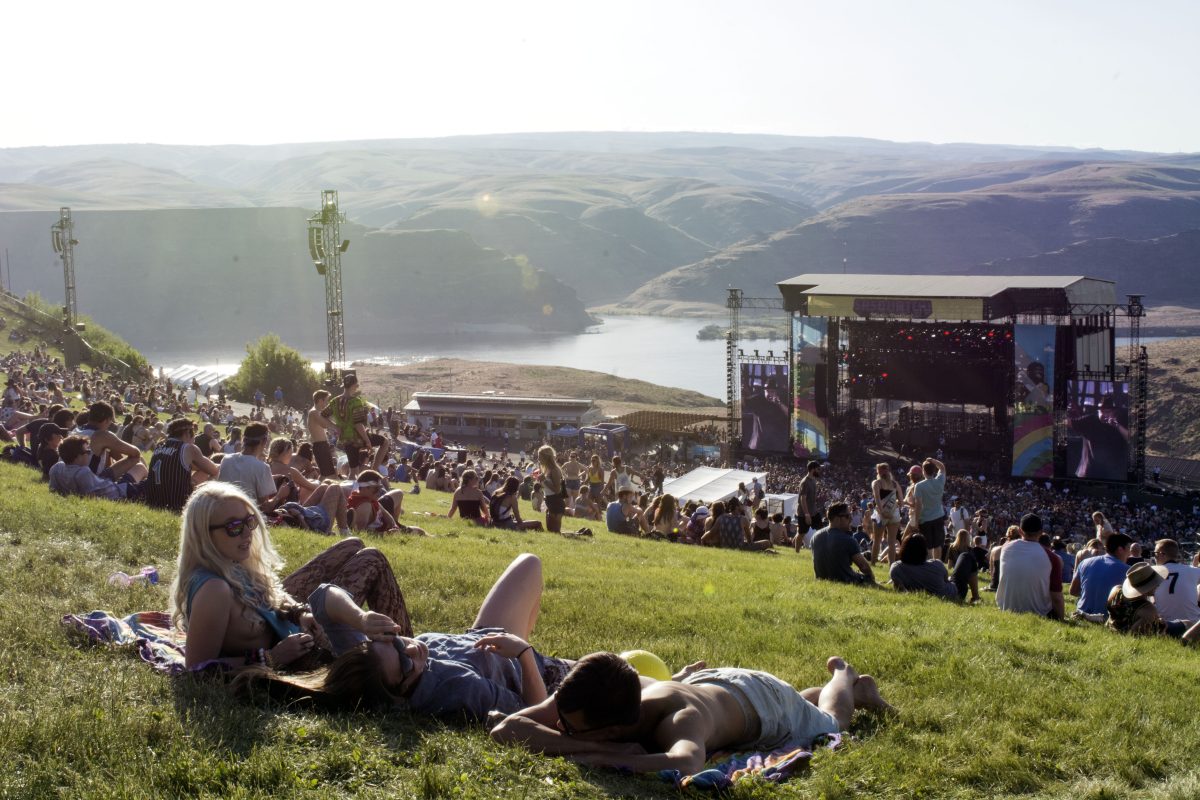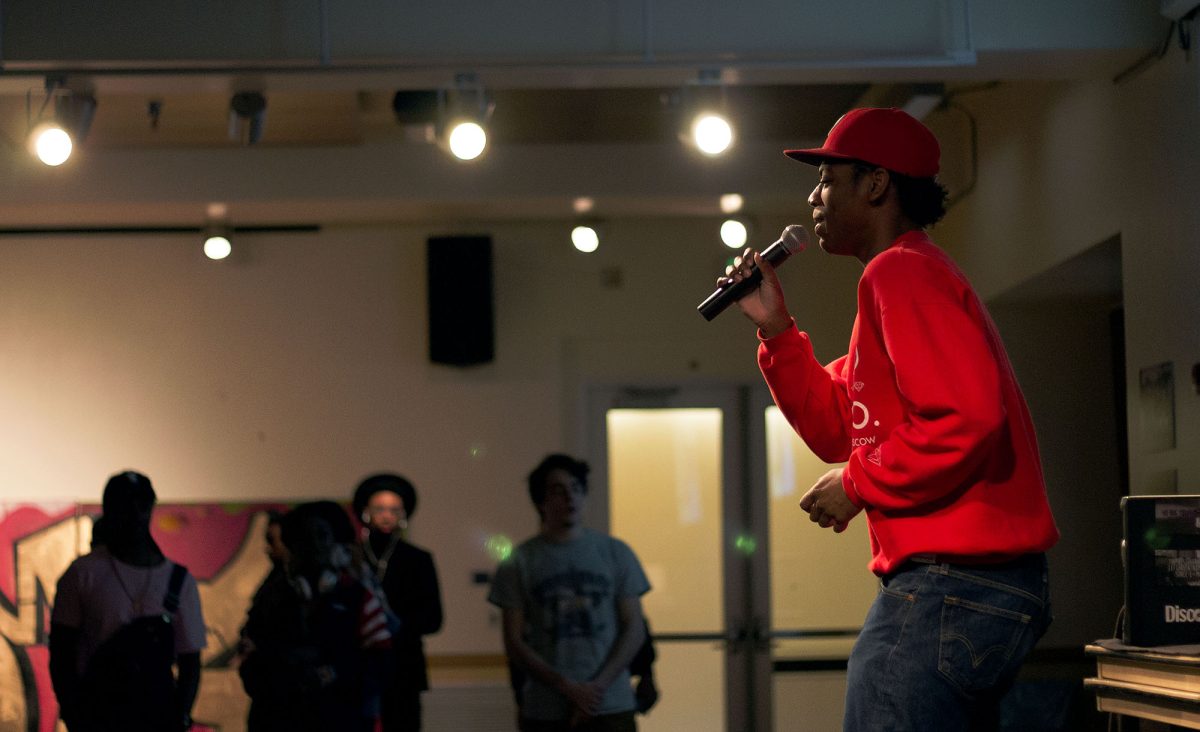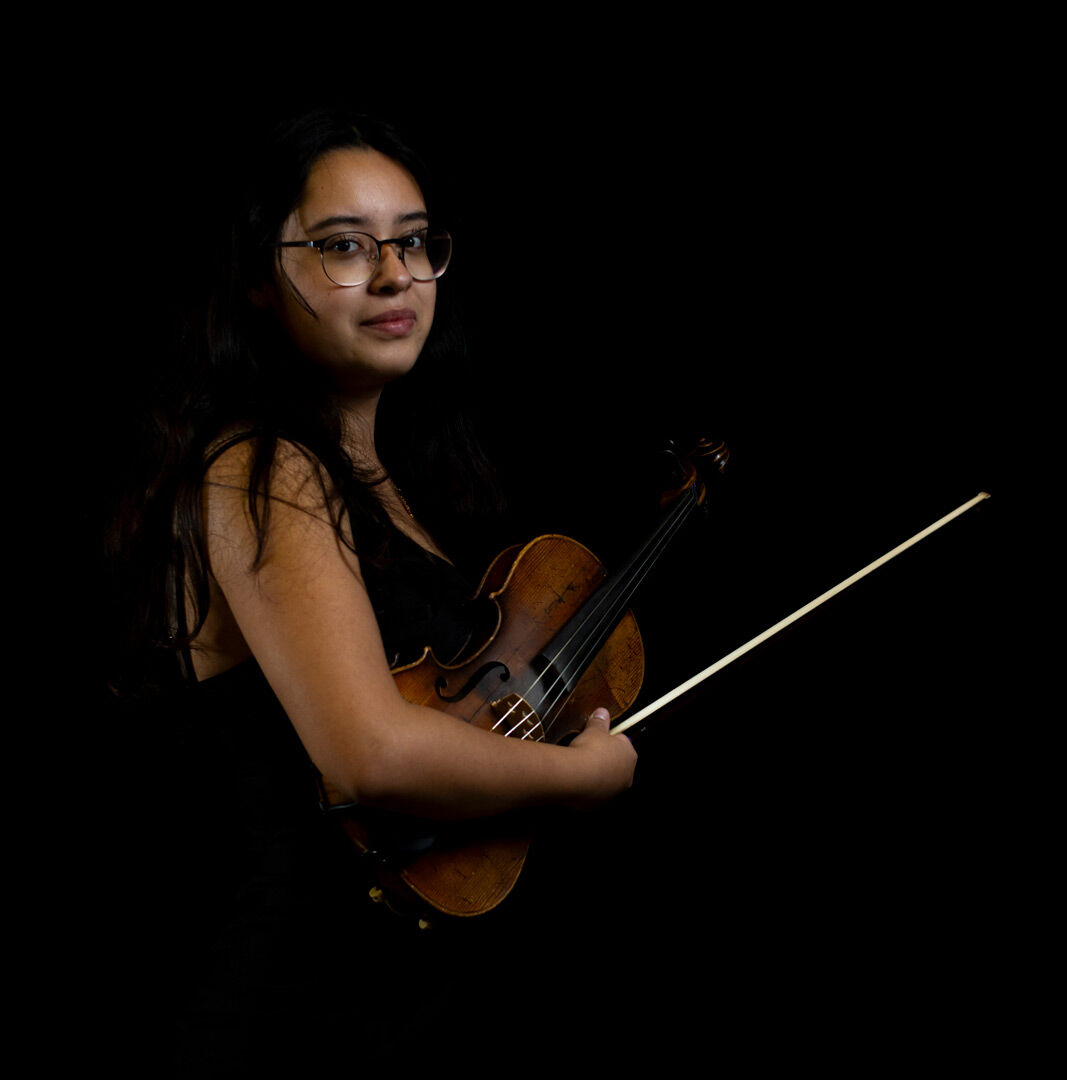The life and passions of Eugene’s NAACP president
Photographs by Debra Josephson
Words by Gordon Friedman
[slideshow_deploy id=’23443′]
Like his stand-up bass, Eric Richardson is spindly, dark. His cadence reminds of improvisation; subdued intonations, much like the syncopated notes of an avant-garde jazz melody, or perhaps a walking bassline, roll off his tongue. With jazz, you may not know the bass is there unless you listen closely, purposefully. But, it’s there. And to the same effect, Richardson is ubiquitous in Eugene’s social justice circles as its National Association for the Advancement of Colored People (NAACP) chapter President, yet he seeks no recognition or high praise. His advocacy plumbs sometimes at below-audible levels, silently keeping the beat, setting the pace. A rhythm section.
Richardson never imagined he’d be an NAACP leader, but it’s not hard to see when you examine his early life. The values his family affirmed — independence, freedom, and rights for African Americans, to name a few — molded Richardson at an early age not into a figure ready to make boisterous, dogmatic proclamations into a megaphone, but into a leader who recites poetry, smiles broadly, and is warmly approachable.
A native of St. Louis, a transplant at 2-years-old to Eugene after MLK’s assassination, a once-was ex-pat to Guyana shortly thereafter, and a black child of the 1960s, he grew up no stranger to the notion of cultural perspective. Beyond the geographical settings of his childhood, at home his family played a strong roll in his identity; he calls his parents “far thinkers.”
His father was a friend of Ken Kesey, and as a child, now back in Oregon after nearly three years on a Guyana commune, he’d watch his dad and Kesey hang out and listen to jazz artists like Charles Mingus or John Coltrane. “In my head I’m like, ‘Oh, Ken Kesey is 100 percent down with John Coltrane, knows what that means. This is John Coltrane,’” Richardson says.
Growing up, jazz was a delight but its meaning was a pursuit on its own, spiritual at times. It’s the connection to jazz — the music, its traditionally black culture, and its time-tested resilience (and, its evolution) that in many ways aligned Richardson to be Eugene’s NAACP leader.
“I think this whole idea of using music as universal connection — not necessarily jazz — but, music is important,” he says. “So to me, it’s even an inspiration with the work that I do at the NAACP, ’cause it’s the same connection that music gives you to one another. That empathy. That is what is needed, even in work that we do at the NAACP.”
The values of Richardson’s past and present blend, another aspect of his perspective on life. He’s the father of five children (not all eager musicians, mind you), and married to a black woman who was adopted and raised by a Norwegian couple. He learns from his family, yet he also teaches them, along with the black community in Eugene, about his beliefs and those of the NAACP.
“In general, I’ve been working for the NAACP principles all my life,” he says. Today, it’s mostly thoughts of community and connectedness that drive him. “A lot of people think of black power, black consciousness, as this separative group. But really it wasn’t about separating anyone,” he says. “It was about redefining oneself.”
“For me, is it about making a bunch of money living the life, or is it about me taking care as a human, giving to my kids and being real and giving to myself? That was more important to me. To identify with these poor people.”
As marches are coordinated, speaking engagements are scheduled, and the bustle of running a household builds to a crescendo, Richardson is there, the bass in the background, holding the whole scene together.
Gabrielle Deckelman contributed reporting for this story.

















